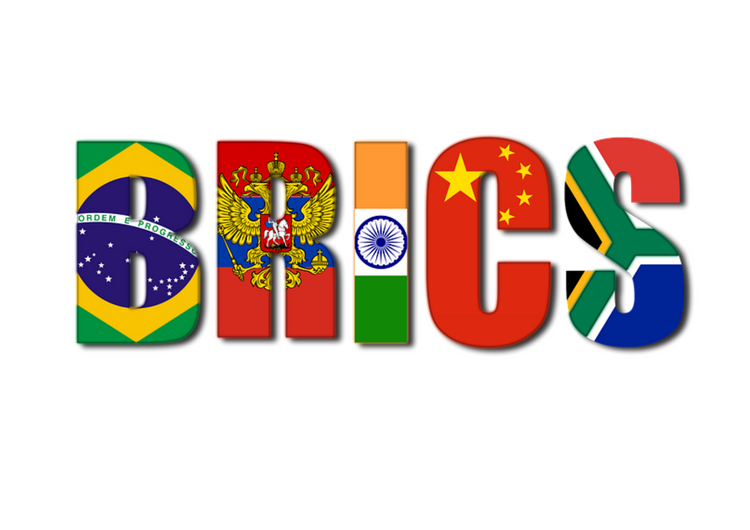- BRICS countries like China and India save billions by trading oil in their local currencies instead of the US dollar.
- The BRICS alliance, now expanded with new members, aims to diminish the dominance of the US dollar in international oil trade.
In a significant development that challenges the traditional dominance of the US dollar in global trade, BRICS nations – China, India, Saudi Arabia, and the UAE – are increasingly turning away from the greenback in their oil trade dealings with Russia. This move has already saved these countries billions of dollars and raises questions about the future of the petrodollar system.
China and India, two key members of the BRICS alliance, have taken bold steps to diversify their oil trade with Russia. They’ve chosen to settle trade in their local currencies, the Chinese Yuan and the Indian Rupee, respectively. This strategic shift has allowed them to purchase Russian oil at discounted rates, bypassing the US dollar altogether.

China alone has saved an impressive $10 billion by utilizing the Yuan for its oil transactions with Russia. Meanwhile, India has saved $7 billion since February 2022 by securing oil at reduced prices from Russia. India’s total crude oil purchases from Russian suppliers, facilitated through laundered oil from China, have reached a substantial $186.45 billion.
Saudi Arabia Joins the Trend
Adding to the momentum, Saudi Arabia, a crucial player in the global oil market, has also started purchasing crude oil from Russia at more favorable rates. The Kingdom is exploring alternatives to the US dollar for settling oil transactions, signaling a potential shift in the international currency landscape.
Saudi Arabia’s decision to accept local currencies instead of the US dollar for oil transactions has not gone unnoticed. This move places additional pressure on the USD and suggests a growing willingness among major players to reduce reliance on the greenback in international trade.
Russia’s Response to Sanctions
For Russia, these currency shifts represent a creative response to economic sanctions imposed by the US and its allies. By accepting local currencies instead of the US dollar, Russia has managed to circumvent sanctions and maintain its oil exports. This approach not only safeguards Russia’s economic interests but also contributes to the diminishing role of the US dollar in global oil trade.
BRICS: A Driving Force for De-dollarization
The BRICS alliance has long been advocating for a multipolar world and a reduction in the dominance of the US dollar. The recent inclusion of Saudi Arabia, Iran, the UAE, Argentina, Egypt, and Ethiopia positions the BRICS alliance to accelerate its efforts in reducing the role of the US dollar in the oil trade.
The United Arab Emirates (UAE), one of the new additions to the BRICS alliance, has already embraced alternative currencies for oil trade. Notably, the UAE and India recently struck an important oil deal, with payments made in Indian Rupees rather than the US dollar. This development showcases the alliance’s commitment to diversifying the currencies used in cross-border transactions.
Impact on the Petrodollar System
Financial analysts are closely watching the diminishing presence of the Petrodollar System. As more countries opt for alternative currencies in their oil trade dealings, the influence of the US dollar in global financial markets continues to erode.
While this has been a long-standing goal of the BRICS alliance, adding new members with significant roles in the international oil trade provides further momentum toward achieving this objective.
Crypto News Flash does not endorse and is not responsible for or liable for any content, accuracy, quality, advertising, products, or other materials on this page. Readers should do their own research before taking any actions related to cryptocurrencies. Crypto News Flash is not responsible, directly or indirectly, for any damage or loss caused or alleged to be caused by or in connection with the use of or reliance on any content, goods, or services mentioned.
Credit: Source link












































